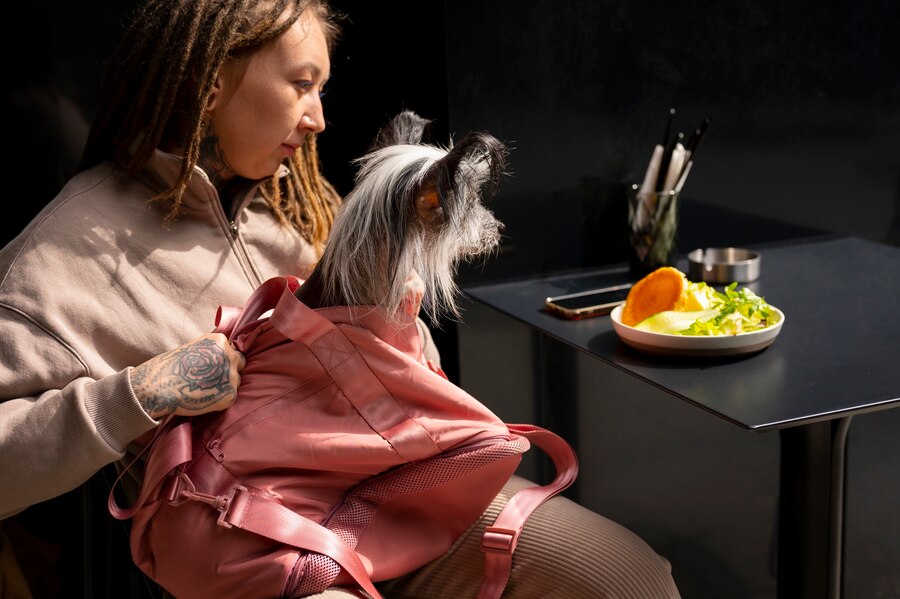Feeding our canine companions involves more than just filling their bowls. One critical aspect of canine care is understanding their nutritional needs, including calorie requirements. This article delves into the concept of a 1500-calorie diet for dogs, exploring how to determine if it’s appropriate for your pet, and offering guidance on maintaining a balanced diet.
Introduction to Canine Nutrition
Why Caloric Intake Matters
Caloric intake is fundamental to maintaining a dog’s overall health. Just like humans, dogs require a specific number of calories to sustain energy levels, support growth, and maintain a healthy weight. Feeding them the right amount of calories helps prevent obesity and other health issues.
Factors Influencing Caloric Needs
Several factors influence how many calories a dog needs, including:
- Age: Puppies and older dogs have different caloric requirements.
- Size and Breed: Larger breeds generally need more calories.
- Activity Level: Active dogs burn more calories than those with a sedentary lifestyle.
- Health Status: Dogs with certain health conditions may require adjustments to their diet.
Understanding a 1500-Calorie Diet for Dogs
Is 1500 Calories Appropriate?
A 1500-calorie diet might be suitable for some dogs but not for others. It’s crucial to evaluate whether this calorie count aligns with your dog’s specific needs. Generally:
- Small Breeds: Small dogs may require fewer calories than larger breeds. A 1500-calorie diet might be too high for very small dogs.
- Medium to Large Breeds: For medium to large dogs, 1500 calories might be appropriate depending on their activity level and metabolism.
Evaluating Your Dog’s Caloric Needs
To determine if 1500 calories is right for your dog, consider the following steps:
- Consult a Veterinarian: Your vet can provide tailored advice based on your dog’s health and lifestyle.
- Calculate Basal Metabolic Rate (BMR): The BMR formula helps estimate the number of calories your dog needs at rest.
- Factor in Activity Level: Adjust the BMR based on your dog’s daily activity level.
Creating a Balanced 1500-Calorie Diet
Choosing High-Quality Dog Food
Select dog food that meets the Association of American Feed Control Officials (AAFCO) standards. Quality dog food provides essential nutrients and ensures that your pet gets a balanced diet. Look for foods with high-quality proteins, healthy fats, and appropriate vitamins and minerals.
Incorporating Homemade Meals
If you prefer to prepare your dog’s meals at home, ensure that you’re using balanced recipes. Homemade diets should include:
- Proteins: Chicken, beef, fish, or eggs.
- Carbohydrates: Rice, sweet potatoes, or oats.
- Vegetables: Carrots, green beans, or peas.
- Fats: Fish oil or flaxseed oil for healthy fats.
Portion Control
Managing portion sizes is crucial. Overfeeding, even with high-quality food, can lead to weight gain and other health issues. Use measuring cups or a food scale to ensure precise portions.
Monitoring and Adjusting the Diet
Regular Weigh-Ins
Regular weigh-ins help monitor your dog’s weight and adjust their diet as needed. This practice ensures that they maintain a healthy weight and receive the appropriate amount of calories.
Observing Health and Behavior
Keep an eye on changes in your dog’s behavior, coat condition, and overall health. Changes can indicate whether the diet is meeting their needs or if adjustments are required.
Adjusting Caloric Intake
Adjust caloric intake based on your dog’s changing needs. Factors such as increased activity levels, aging, or changes in health status may necessitate dietary modifications.
Common Myths About Canine Caloric Needs
“All Dog Foods Are the Same”
Not all dog foods are created equal. Some brands offer higher nutritional value and better ingredient quality, which can affect the amount of food needed to meet calorie requirements.
“More Calories Mean Better Health”
More calories do not necessarily mean better health. Overfeeding can lead to obesity and other health problems. Balance is key to maintaining optimal health.
“One Size Fits All”
Each dog is unique, and their dietary needs vary based on multiple factors. Customizing their diet to fit their specific requirements is essential for their well-being.
Tips for Maintaining a Healthy Diet
Variety and Enrichment
Incorporate variety into your dog’s diet to keep them engaged and satisfied. Consider using puzzle feeders or incorporating different types of food to add enrichment to their mealtime.
Avoiding Human Foods
Be cautious about feeding your dog human foods, as some can be harmful or lead to imbalances in their diet. Stick to dog-safe treats and foods.
Staying Hydrated
Ensure your dog has constant access to fresh water. Proper hydration is crucial for overall health and well-being.
Conclusion: 1500 Calories a Day for Dogs
A 1500 Calories a Day for Dogs can be suitable for certain breeds and sizes, but it’s essential to tailor the diet to your dog’s specific needs. By understanding your dog’s caloric requirements, choosing high-quality food, and monitoring their health, you can ensure they remain happy and healthy. Always consult with your veterinarian to make the best dietary choices for your furry friend.
FAQs
- How do I know if 1500 calories is too much for my dog?
- Consult with your veterinarian to determine the appropriate caloric intake for your dog based on their age, size, activity level, and health condition.
- Can I use commercial dog food for a 1500-calorie diet?
- Yes, choose high-quality commercial dog food that meets AAFCO standards and is appropriate for your dog’s caloric needs.
- What are the signs of overfeeding in dogs?
- Signs of overfeeding include weight gain, lethargy, and a decrease in overall activity levels. Regular weigh-ins and monitoring can help manage these issues.
- How often should I adjust my dog’s diet?
- Adjust your dog’s diet based on changes in their weight, activity level, or health status. Regular check-ins with your vet will help you make necessary adjustments.
- Is it safe to prepare homemade meals for my dog?
- Yes, but ensure that the recipes are balanced and meet your dog’s nutritional needs. Consult with your vet to ensure the homemade diet is appropriate for your dog.










